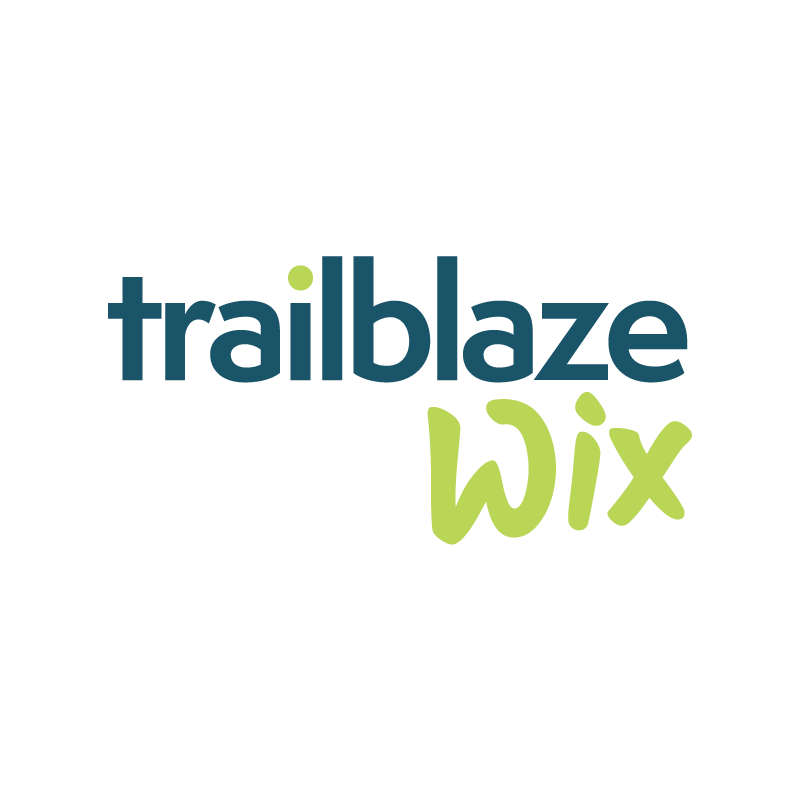Our Packages
There are hundreds of universities in Canada, but we only recommend the best for your career aspiration after screening. Your committed education consultant will ensure that every aspect of your application is as strong as it can be, from support in filling out your application forms to guiding and reviewing your statement and resume.
For those that want to apply on their own, Sevky Edu will:
-
Describe the application procedure, expenses, and available scholarships, if applicable
-
Information to assist students in getting ready to live and study in Canada
The Sevky Advantage
-
Schools with the lowest tuition fees
-
The schools that have scholarship and bursary opportunities for international students after they have enrolled
-
Designated learning institution with programs eligible for post-graduate work permit programs for the students after completion
-
Programs and courses that don't require GRE, GMAT, TOEFL, IELTS
-
Connects you with your school's Regulated International Student Immigration Advisor, who will provide advice on your study permit application
-
Changing your designated learning institution if you’re outside CanadaIf your application for a study permit has been approved and you change your designated learning institution, you must submit a new study permit application with a new letter of acceptance. You must also pay all the fees for the new application.
-
How early can you arrive in Canada before you start studyingThere is no set time frame for you to arrive in Canada before you begin your studies. You should just arrive to give yourself a reasonable amount of time to prepare before you start studying.
-
Can you work while waiting to start your studiesYou are not allowed to work on or off campus until you begin your studies in Canada.
-
How do I prepare for my arrival in CanadaBefore you arrive, read the pre-departure guide for tips and information about student life in Canada.
-
After I get my study permit, what next?You can read more about the documents needed to prepare for a smooth transition and arrival from the official Government of Canada's website here.
-
How many intakes/school start months are there in CanadaThere are three intakes for Canadian universities: Fall/September Winter/January Summer/May The first intake, which begins in September, accepts most applications from international students. The second intake, the winter intake, is in January. The third intake takes place in May- with few universities and study options (usually short-term courses only) available.
-
What program level and institution can I apply for?Depending on your background, you can apply for diploma, degree (undergrad), post-graduate diploma, graduate studies (MSc. & Ph.D.). We support applications to both private and public post-secondary institutions in Canada
-
How do I apply?Click on Book a Consultation to fill in your details. We will provide you with information on the next steps within two business days, excluding statutory holidays. Please go to this link if you want us to review your grades (WASSCE, transcripts, etc.) and give feedback on eligibility and funding.
-
What documents are needed for the application?The basic requirements for most programs are academic transcripts (high school grades or post-secondary grades), degrees, certificates, resumes and references.
-
Do you give scholarships to students?No. We only assist with submitting a strong application and providing information on funding and scholarship opportunities.
-
What is a study permit, and how do I apply?Information on study permits, visa processing times and costs can be found on Immigration, Refugees and Citizenship Canada
-
Can I work as a student?Yes, you can. You can read more on work permits at: studying and working in Canada as an international student
-
What are the visa processing times?To view the visa processing times for your country, click here
-
What is a postgraduate work permitThe Post-Graduation Work Permit (PGWP) Program allows students who have graduated from eligible Canadian designated learning institutions (DLIs) to obtain an open work permit to gain valuable Canadian work experience. Click here to read more on PGWP.
-
What documents do I need for my visaAll the documents you need are provided on the Immigration, Refugees and Citizenship Canada
-
Do you provide visa services?No. However, we can connect you to an authorized representative to support your study and work permit application.
-
How soon will I know my admission outcomeAdmissions confirmation at Canadian universities often takes two to six months, whereas, at most colleges, it takes two to six weeks.
-
Can my spouse or common-law partner work?Your spouse or common-law partner may be eligible for an open work permit if you have a valid study permit. To help your spouse or common-law partner work in Canada, please visit Immigration, Refugees and Citizenship Canada for more details on eligibility and the process





